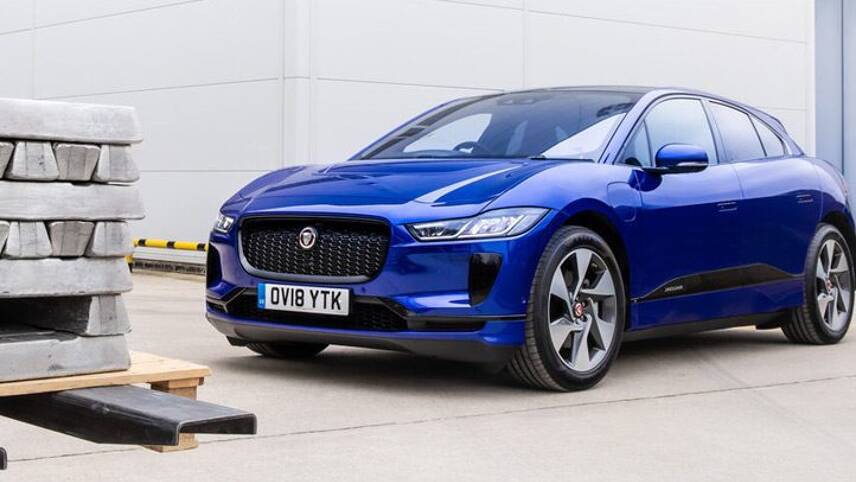Register for free and continue reading
Join our growing army of changemakers and get unlimited access to our premium content

The research used a “digital twin” to create a virtual replica of the material that was tracked through the leather supply chain
In December last year, JLR’s venture capital and mobility services arm invested in a blockchain technology scale-up that will help it to make supply chains for battery materials more sustainable.
Called Circulor, the blockchain platform uses a combination of GPS, biometrics and QR codes to create a tamper-proof trail of audit for raw materials. The platform tracks compliance with environmental and social regulation and company pledges in these fields, while also calculating the carbon footprint of the materials.
In JLR’s case, the technology will be embedded in supply chains for the metals and minerals used to manufacture electric vehicles (EV) and batteries.
The company has this week confirmed that its Circulor platform has been used in partnership with UK leather manufacturer Bridge of Weir Leather Company and the University of Nottingham to trial the use of traceability technology in the leather supply chain.
The trial used blockchain technology to assess the carbon footprint of JLR’s leather supply network to trace the lowest carbon sources. The research used a “digital twin” to create a virtual replica of the material that was tracked through the leather supply chain simultaneously in the real world and digitally.
JLR’s executive supply chain director Dave Owen said: “We are currently restructuring our supply chain as part of Reimagine, with a focus on transparency and sustainability. The outcome from this world-first trial will allow us to further improve the sustainability of the leather supply chain around the globe, ensuring the complete traceability of raw materials from origin to vehicle.
“This is one step in our journey to net-zero carbon emissions across our supply chain, products and operations by 2039, enabled by leading-edge digital capabilities.”
JLR believes this solution can be used across its global supply chain and by other industries that rely on leather, such as fashion and footwear.
JLR’s InMotion Ventures arm first invested in Circulor to explore more sustainable manufacturing of EV batteries, namely cobalt.
For all the good it can play in decarbonising transport, cobalt is not an inherently sustainable material. Almost two-thirds of the world’s cobalt is currently sourced from the Democratic Republic of Congo (DRC) and, as such, is classed as a conflict material. Moreover, researchers estimate that more than 13,000 children are forced to work in the cobalt sector in the DRC, and have repeatedly pointed to unsafe working conditions and illegally low rates of pay.
It builds on JLR’s wider ‘Reimagine’ strategy that recognises that the business has significant climate impacts outside of transport alone. Reimagine contains a commitment to reach net-zero across operations and the supply chain, as well as products, by 2039.
Matt Mace


Hope the carbon footprint of the blockchain itself will be included!